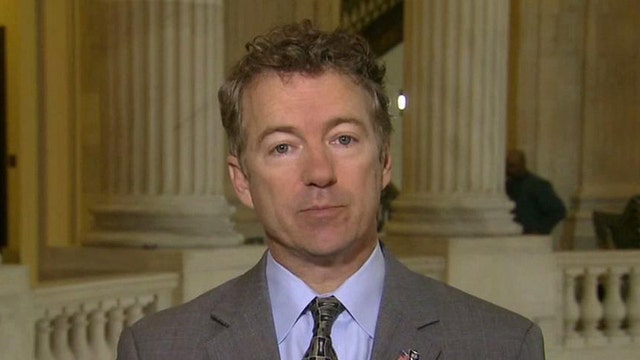The Truth Behind the Sequester
Sequester. God, I wish I’d never heard that damn word.
What started out as a doomsday provision to ensure that a congressional supercommittee got our skyrocketing federal budget under control has turned into the most glaring example of dysfunctional leadership I’ve ever seen. And I’ve seen a lot.
Trust me; you don’t want to know some of the stuff that goes down in the boardrooms of corporate America. At least that’s behind closed doors. Sequestration, on the other hand, is out there for all the world to see. And it is one unsightly mess.
When our leaders in Washington sign a bill into law, then engage in childish manipulation, fear mongering and finger pointing to try to squirm out of the consequences of their own actions, it sends a very clear message to everyone: that personal responsibility and accountability are a joke.
The sequester, the budget cuts themselves, are actually no big deal. In reality, they’re not cuts at all. They still net out to an overall increase in spending. But make no mistake. The way our leadership in Washington -- you know who I’m talking about -- has created this poster child for bad leadership, that is a very big deal.
I don’t even want to think about the message it sends to the next generation, the young up-and-comers who will some day lead our small businesses, our corporations, and our nation.
That it’s okay for leaders to agree on a plan that ensures our nation returns to some semblance of fiscal responsibility, sign it into law, then when it actually comes to pass, run around the country screeching “the sky is falling” and whining “it’s not my fault; I didn’t do it, he did it” so the other party takes the blame.
What an embarrassment. I wouldn’t even know how to look at myself in the mirror if I behaved that way. And you know what? Neither would the vast majority of the executives and business leaders I’ve known over the years. And neither would you.
Let me tell you how this sort of thing would go down outside the childish fairy bubble known as Washington D.C. In the real world. The corporate world. The business world. You know, the world you and I live and work in.
In the small business world, if you don’t meet your commitments -- deliver to customers, pay your debts, meet payroll -- that’s it. You’re history, bankrupt, shut the doors, end of story.
When a public company is in financial trouble -- when growth flatlines, profit margins plunge, and the balance sheet becomes an insurmountable mountain of debt -- its executive team either fixes it by reducing expenses and returning the company to growth or its stock gets hammered and heads roll.
I should know. I’ve been there more times than I care to remember. I was the CEO of a Silicon Valley startup that had to file for Chapter 7 bankruptcy when the tech bubble burst in 2001.
I was an executive officer of a $400 million public company that nearly went under. We turned that one around but we didn’t do it by blaming each other and misleading our shareholders. We did it by holding ourselves accountable, doing what had to be done, and making our employees, investors, and customers proud again.
I can go on and on with countless stories of how, in the real world, executives and business owners can’t escape the accountability of their actions.
But you know what? When our political leaders, the executive officers of our nation, treat accountability like it’s a joke – and each and every stakeholder as the brunt of that joke -- it undermines the integrity of our nation. It weakens the very fabric of American culture. And that doesn’t bode well for our nation’s or our children’s future.




















